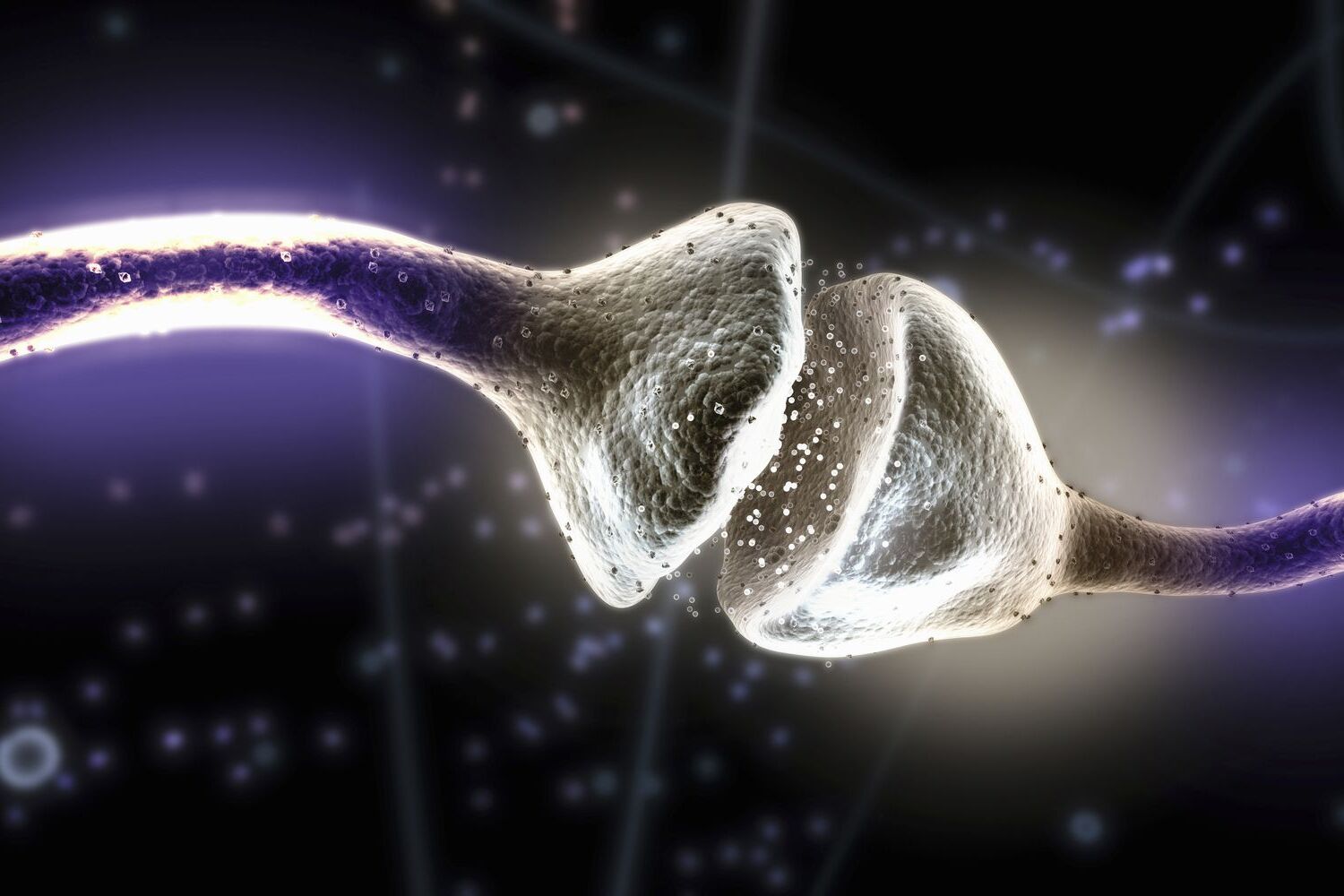
Neurotransmitters are the brain's messengers, zipping around to relay signals between nerve cells. Ever wondered how your mood, sleep, or even your ability to learn is controlled? It's all thanks to these tiny chemical couriers. From dopamine to serotonin, each neurotransmitter plays a unique role in keeping your brain and body in sync. But what exactly are these chemicals, and how do they impact your daily life? Understanding neurotransmitters can help you grasp why you feel happy, sad, or stressed. Ready to dive into the fascinating world of brain chemistry? Let's explore 29 intriguing facts about these essential molecules.
What Are Neurotransmitters?
Neurotransmitters are chemicals that transmit signals across a synapse from one neuron to another 'target' neuron, muscle cell, or gland cell. These tiny messengers play a crucial role in the body's communication system. Let's dive into some fascinating facts about neurotransmitters.
-
Neurotransmitters are essential for brain function. They help neurons communicate with each other, influencing everything from mood to muscle movement.
-
There are over 100 different neurotransmitters. Scientists have identified a wide variety of these chemicals, each with unique functions and effects.
-
Dopamine is known as the 'feel-good' neurotransmitter. It plays a significant role in reward and pleasure systems in the brain.
-
Serotonin helps regulate mood and social behavior. Low levels of serotonin are linked to depression and anxiety.
-
Acetylcholine is crucial for learning and memory. It also plays a role in muscle activation.
-
Glutamate is the most abundant neurotransmitter in the brain. It is involved in cognitive functions like learning and memory.
-
GABA (gamma-aminobutyric acid) is the main inhibitory neurotransmitter. It helps calm the nervous system and prevent over-excitement.
-
Endorphins act as natural painkillers. They are released during activities like exercise, reducing pain and boosting pleasure.
How Neurotransmitters Work
Understanding how neurotransmitters function can shed light on their importance in our daily lives. Here are some key facts about their mechanisms.
-
Neurotransmitters are released from synaptic vesicles. These vesicles are tiny sacs in the neuron that store neurotransmitters until they are needed.
-
They cross the synaptic gap to reach the target cell. This gap, or synapse, is the space between neurons where neurotransmitters travel.
-
Neurotransmitters bind to receptors on the target cell. These receptors are specific to each neurotransmitter, ensuring precise communication.
-
Reuptake is the process of neurotransmitter recycling. After transmitting a signal, neurotransmitters are reabsorbed by the neuron that released them.
-
Enzymes can break down neurotransmitters. This process helps regulate the levels of neurotransmitters in the synapse.
-
Neurotransmitter imbalances can affect mental health. Conditions like depression, anxiety, and schizophrenia are linked to these imbalances.
-
Drugs can mimic or block neurotransmitters. Medications for mental health often work by altering neurotransmitter activity.
-
Neurotransmitters can be excitatory or inhibitory. Excitatory neurotransmitters stimulate the brain, while inhibitory ones calm it down.
Neurotransmitters and Everyday Life
Neurotransmitters influence many aspects of daily living, from emotions to physical health. Here are some intriguing facts about their impact.
-
Exercise boosts neurotransmitter levels. Physical activity increases endorphins, dopamine, and serotonin, improving mood and reducing stress.
-
Diet affects neurotransmitter production. Nutrients like amino acids, vitamins, and minerals are essential for synthesizing neurotransmitters.
-
Sleep impacts neurotransmitter balance. Proper rest helps regulate neurotransmitters, affecting mood and cognitive function.
-
Stress can deplete neurotransmitter levels. Chronic stress reduces serotonin and dopamine, leading to mood disorders.
-
Caffeine influences neurotransmitter activity. It blocks adenosine receptors, increasing dopamine and making you feel more alert.
-
Alcohol affects multiple neurotransmitters. It increases GABA and dopamine while decreasing glutamate, leading to relaxation and impaired judgment.
-
Meditation can alter neurotransmitter levels. Practices like mindfulness increase serotonin and GABA, promoting relaxation and well-being.
-
Social interactions boost neurotransmitter release. Positive social experiences increase oxytocin and dopamine, enhancing mood and bonding.
Neurotransmitters and Health Conditions
Neurotransmitters play a significant role in various health conditions. Here are some facts about their involvement in different disorders.
-
Parkinson's disease is linked to dopamine deficiency. This condition results from the death of dopamine-producing neurons, leading to motor symptoms.
-
Alzheimer's disease involves acetylcholine loss. Reduced levels of this neurotransmitter contribute to memory loss and cognitive decline.
-
Epilepsy is associated with GABA imbalance. Low levels of GABA can lead to seizures and abnormal brain activity.
-
ADHD is linked to dopamine and norepinephrine. Imbalances in these neurotransmitters affect attention and behavior.
-
Schizophrenia involves multiple neurotransmitters. Dopamine, glutamate, and serotonin imbalances contribute to the symptoms of this disorder.
The Final Word on Neurotransmitters
Neurotransmitters are the unsung heroes of our nervous system. They play a crucial role in everything from mood regulation to muscle movement. Without them, our brains couldn't communicate with the rest of our bodies. Dopamine, serotonin, and acetylcholine are just a few of the many chemicals that keep us functioning smoothly. Understanding these tiny messengers can help us grasp how our brains work and why we feel the way we do. Whether it's the rush of adrenaline during a thrilling moment or the calming effect of serotonin, neurotransmitters are at the heart of our experiences. So next time you feel a burst of happiness or a wave of calm, remember the tiny chemicals working behind the scenes. They might be small, but their impact is enormous. Keep learning about them, and you'll gain a deeper appreciation for the complex workings of your own mind.
Was this page helpful?
Our commitment to delivering trustworthy and engaging content is at the heart of what we do. Each fact on our site is contributed by real users like you, bringing a wealth of diverse insights and information. To ensure the highest standards of accuracy and reliability, our dedicated editors meticulously review each submission. This process guarantees that the facts we share are not only fascinating but also credible. Trust in our commitment to quality and authenticity as you explore and learn with us.
